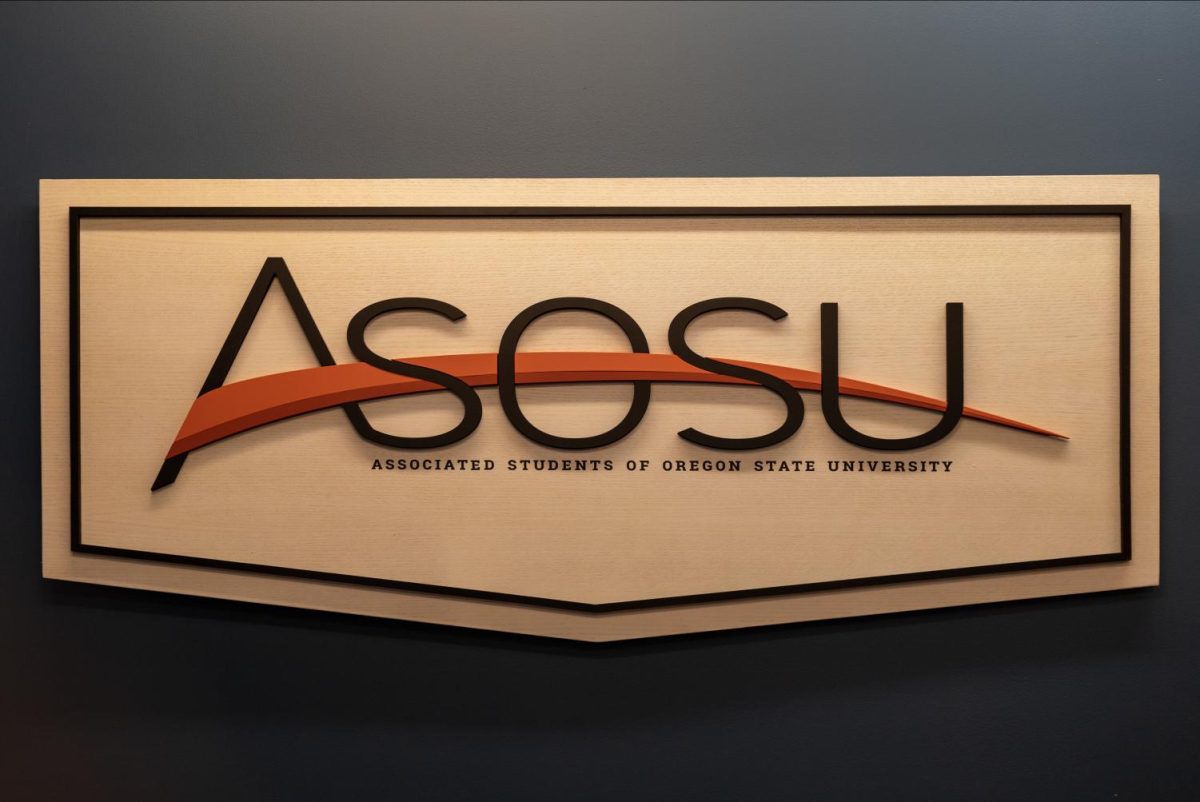Repeated phone calls to parents, scouring through old paychecks, scholarships, dividends and tax forms; students already dealing with finals and travel plans in December now have another worry: financial applications.
The Free Application for Federal Student Aid moved its opening date from early October to December, but some Oregon State University students still have worries surrounding the fairness of FAFSA’s system.
A lot of scholarships can be need based rather than merit based, which can cause issues when a student’s Expected Family Contribution is higher than it should be because of FAFSA’s qualifications.
According to Federal Student Aid, “the EFC is a measure of how much the student and his or her family can be expected to contribute to the cost of the student’s education for a given award year. It impacts a student’s eligibility for certain types of federal student aid.”
Sydney Moore, a second-year construction engineering management major, gets little to no contribution from her family. Because many scholarships have FAFSA requirements for the application, students that have families with higher incomes, even if those families don’t contribute towards college expenses, are left in a lurch.
“(The EFC) puts me in a very difficult position, because Oregon State and every scholarship agency I apply for thinks that I’m getting about $23,500 more per year (from my parents) than I’m actually getting,” Moore said.
Because Moore’s parents have a relatively high income, her EFC is high. But because they don’t contribute nearly that FAFSA calculated amount to her education, she is left with an inaccurate EFC that then affects what awards that she can get.
“It’s a pretty insane difference in money, and it’s going to make me graduate with significantly more student debt than my peers,” Moore said.
Many scholarships do depend on the EFC and will base grants, awards, or scholarships off of that value. This leaves a gap in funding for education that can add up to thousands, and can significantly harm a student’s finances.
“The way the FAFSA and most scholarship agencies are set up, I’m being punished for the decisions of my parents,” Moore said.
Although the EFC system doesn’t work out for Moore, she recognized that the calculation does benefit some students.
“FAFSA works great for students who have an EFC of zero,” Moore said. “I had a few friends in high school who were in positions where their family couldn’t contribute any money to their education, and they got lots of grants and scholarships.”
Even with recognizing the benefit for some, she said that FAFSA leaves her in a difficult place.
“I think there needs to be some serious reevaluation of the FAFSA for students with a higher EFC, either to more accurately reflect parental contributions or to reduce expectations of what parents will be contributing,” Moore said.
Alexus Geampa, a third-year human development and family sciences major, had similar opinions.
“Yes, (the EFC) does affect the amount that I receive and unfortunately it has always been inaccurate,” Geampa said. “I have never received a dollar from either parent for my education or other living expenses.”
Geampa’s EFC stands at $5000, which she said directly affects the amount she received in her Pell Grant. This was even with her parents’ tax information waived due to her housing situation.
“While it’s easy to be critical of things when they may not go in everyone’s favor, it’s important to recognize that FAFSA has helped a lot of students,” Geampa said. “Any amount of aid should be appreciated, big or small.”
Geampa said that filling out the form accurately can make thousands of dollars difference in grants.
For questions about FAFSA, the OSU Scholarship Office has resources for students.









